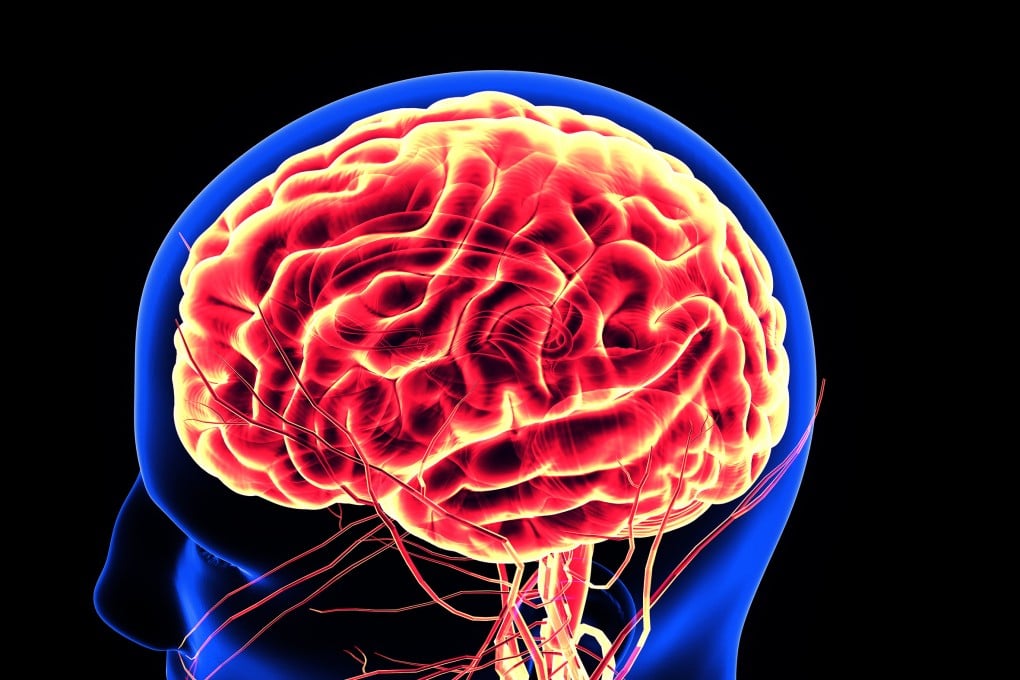China-led study that restarted pig’s brain offers hope for heart attack treatment
Experiment suggests liver could be key to restarting neural activities, a discovery that could pave the way for new cardiac treatments

Chinese scientists say they have restarted a pig’s brain about an hour after removing it from the animal’s body in an experiment that could one day help resuscitate patients after a heart attack.
Cardiac arrest often leads to severe brain damage due to restricted blood flow, which is a primary cause of death.
Previous studies have suggested that the brain can only withstand five to eight minutes of ischemia, making the window for successful resuscitation very short and the chances of success very low.
The research also highlights that the liver may play a key role in repairing brain damage caused by heart attacks.
Researchers at the First Affiliated Hospital of Sun Yat-sen University in Guangzhou used a life support system to try to restore neural activities in pigs’ brains 50 minutes after removing them from the body.
The research, led by He Xiaoshun, director of the organ transplant centre at the hospital, involved international collaborators such as former president of the German Transplantation Society, Bjoern Nashan, and Andrea Schlegel, an inflammation and immunity specialist at the Cleveland Clinic.
